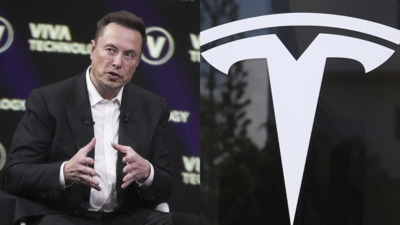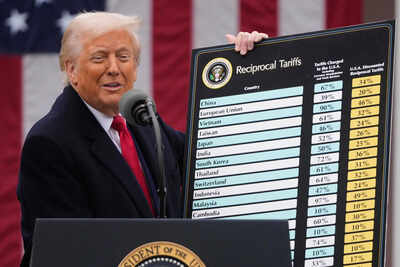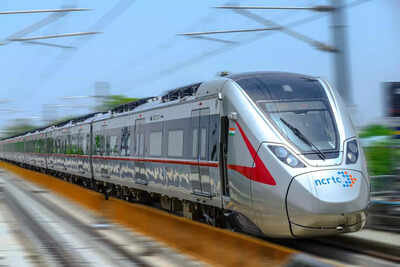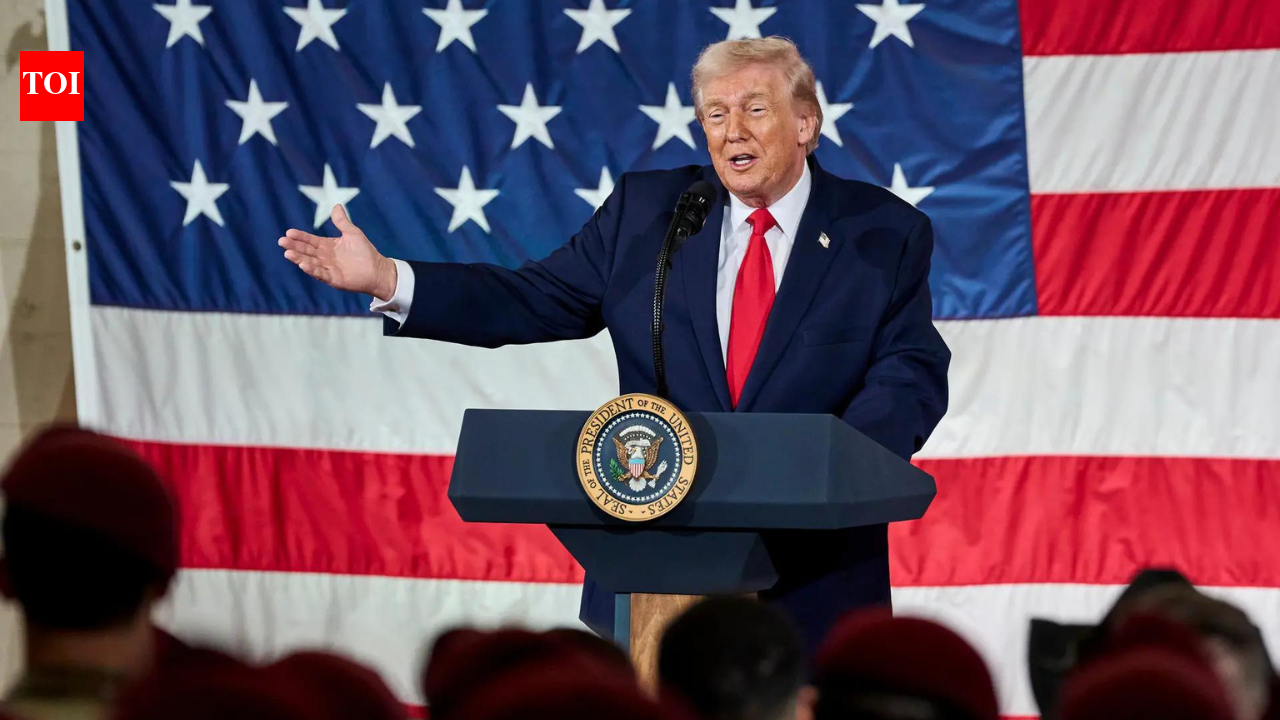A federal jury in Miami has ruled that Tesla must pay over $200 million in damages after finding its Autopilot driver-assist technology was partly responsible for a fatal 2019 crash that killed 22-year-old Naibel Benavides Leon and severely injured Dillon Angulo in Florida.The jury awarded $200 million in punitive damages and $43 million out of a total $129 million in compensatory damages to be paid by Tesla, concluding that the company’s driver-assist system failed and bore significant responsibility for the crash. This decision makes Tesla liable for nearly two-thirds of the total damages, reported AP.The verdict also comes at a critical time for CEO Elon Musk, who is pushing to expand Tesla’s autonomous vehicle technology and roll out a driverless taxi service in multiple US cities. The incident occurred when George McGee, who was driving a Tesla vehicle, ran through flashing lights, a stop sign, and a T-intersection at 62 mph, crashing into the parked Chevrolet Tahoe. Responding to the ruling, Tesla issued a statement calling the verdict “wrong,” and argued that it undermines the industry’s efforts to develop lifesaving technology.“Today’s verdict is wrong,” and only works to set back automotive safety and jeopardize Tesla’s and the entire industry’s efforts to develop and implement lifesaving technology”. They said the plaintiffs concocted a story ”blaming the car when the driver from day one admitted and accepted responsibility.”The plaintiffs’ lead attorney Brett Schreiber, conceded that the driver, George McGee, acted negligently by running through flashing lights, a stop sign, and a T-intersection at a speed of 62 miles per hour before crashing into a parked Chevrolet Tahoe.“I trusted the technology too much,” McGee said during his testimony. “I believed that if the car saw something in front of it, it would provide a warning and apply the brakes.”However, Schreiber maintained that Tesla also bore responsibility. He argued that the company enabled dangerous driving behavior by failing to automatically disable Autopilot when drivers became distracted, and by permitting its use on roads like the one McGee was on—routes the system wasn’t intended to operate on.Tesla’s lead defense attorney in the Miami trial, Joel Smith, responded by emphasizing that the company clearly instructs drivers to stay attentive and keep their hands on the wheel. He said McGee ignored those warnings while searching for a dropped cellphone and was speeding, increasing the risk. Smith pointed out that McGee had driven through the same intersection 30 to 40 times without incident, concluding, “The cause is that he dropped his cellphone.”Jury called out Tesla’s use of the term “Autopilot” as misleading.Brett Schreiber argued that while other automakers use terms like “driver assist” or “copilot,” Tesla’s branding gave consumers a false sense of full autonomy, leading to over-reliance on the system.Lawyers for the family of the deceased also claimed that Tesla either hid or lost key evidence, including data and video recorded seconds before the accident. Financial analyst Dan Ives of Wedbush Securities comments on the verdict, “It’s not a good day for Tesla. It’s a big number that will send shock waves to others in the industry.”The ruling marks a rare outcome in product liability litigation against Tesla. A car crash lawyer Miguel Custodio, said, “This will open the floodgates.” “It will embolden a lot of people to come to court.” Several similar lawsuits have been filed against the company in recent years, but many have been dismissed or settled before reaching trial.






